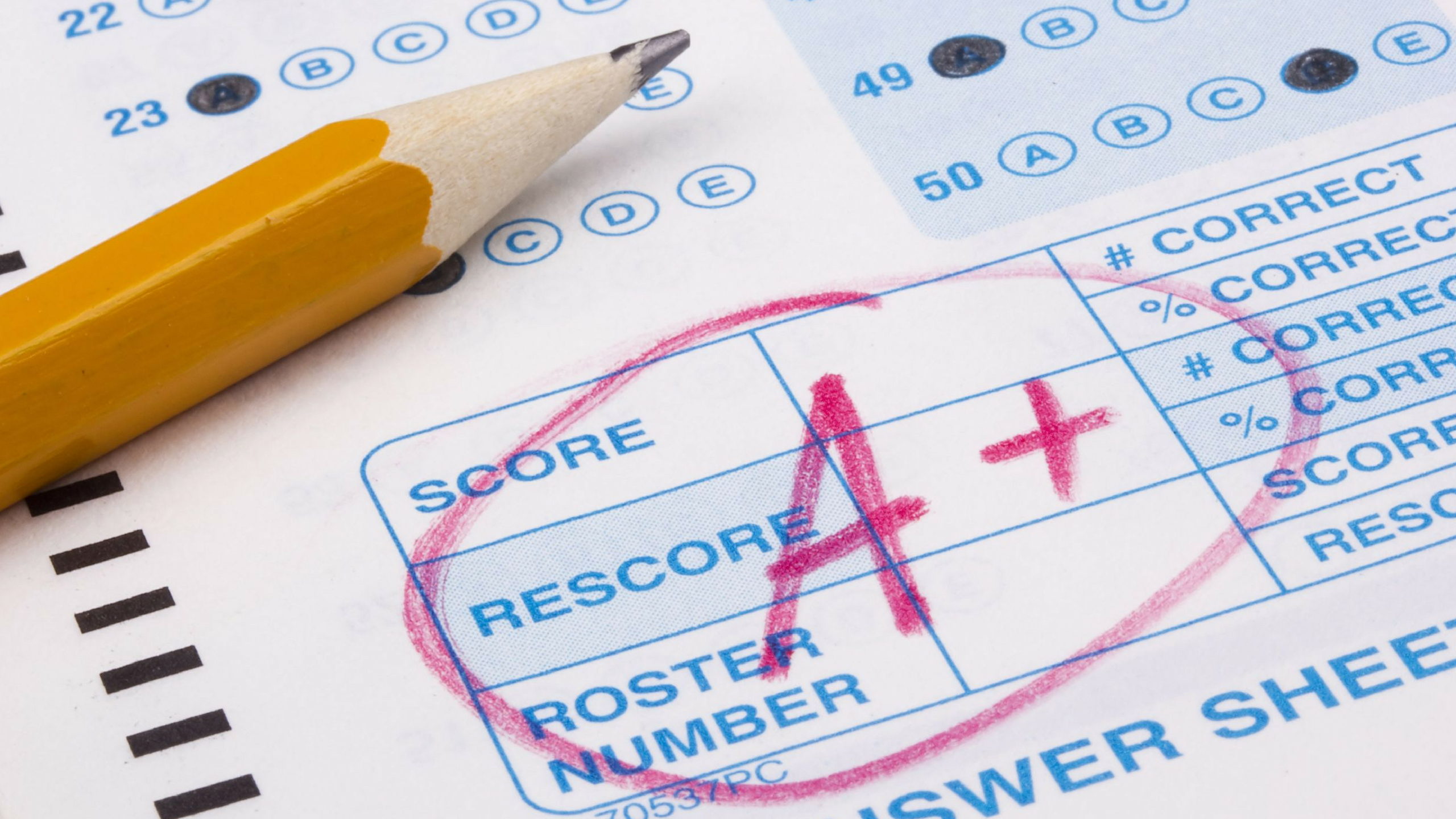Mock exams – are they useful?

With the push back of exams by 3 weeks in 2021, will the following scenario change in schools? This article was written pre-lockdown and we ask this question to ascertain what plans are being made already for next year.
The school is quiet, Year 11’s have started their study leave for their mock examinations and the Year 12 and 13 students are in nervous anticipation of their impending challenge.
The ‘SILENCE EXAMINATION IN PROGRESS’ signs are up and the lower years have been instructed to stay quiet around the exam hall ‘or else’.
Schools have started testing like never before. The mock exam (or in some schools, the Pre-Public Examination PPE) has its backers and its critics, but it is an essential fabric of senior school life.
So how do we maximise the impact of these exams?
Given the impact on the disruption to timetabling, the marking workload and the considerable anxiety felt by students, it is vital, therefore, to ensure that this heightened testing regime actually generates benefits. Otherwise, it’s like a broken pencil, ‘pointless’.

As teachers, how do we manage these mocks?
We have made some decisions about how to set the mocks, for the Year 11’s not all teachers are at the same point in the Year 11 topic, therefore the decision has been taken to simply set two exams on the three topics studied in year 10. For Year 12 students, it is unfair to set a full A-Level, therefore a reduced paper.
For Year 13’s there’s greater flexibility. However, for all these there are very few past papers, most evenings these past few weeks have been occupied compiling and moderating paper content ready for the exams, it’s time-consuming.
“When it comes to marking mock exams, we need to consider what we actually want the data to inform!”
Training teachers ‘consistency of approach’ is a challenge, how can we ensure the data we have is accurate? It’s no good offering intervention to a student if the information in the system is faulty. This has to be a natural by-product of internal and external moderation, quality first teaching to ensure our students are targeted and supported effectively.

Both at A-Level and GCSE the challenge that mocks have presented us with is the issue of unknown grade boundaries. In my subjects, History it is becoming clearer, as this subject was in the first tranche, for Politics, whose students are due to sit their first exams in 2019 its pin the tail on the donkey time. Add in the confusion over 9-1 grades and it becomes more of a lottery.
And what do all these mock exams mean for the poor kids at the end of it?
I am a firm believer in ‘practice makes perfect’ I often regale the analogy of Elton John, walking out at Wembley Stadium in front of 90 000 people having rehearsed his piano skills to the point it becomes second nature.
Being able to perform under pressure and for 3 hours at a time is not a normal experience, yet we can normalise this process. Are my students ready to perform? Probably not, but the mocks will give me and them and understanding of their strengths and areas for development and for that reason mocks themselves are worth their weight in gold. Bring it on.







Responses